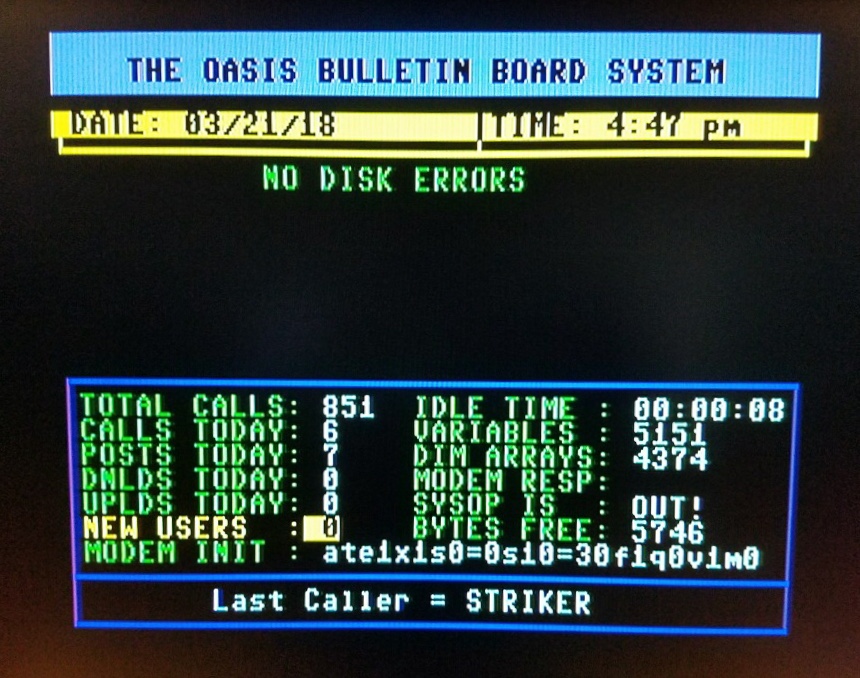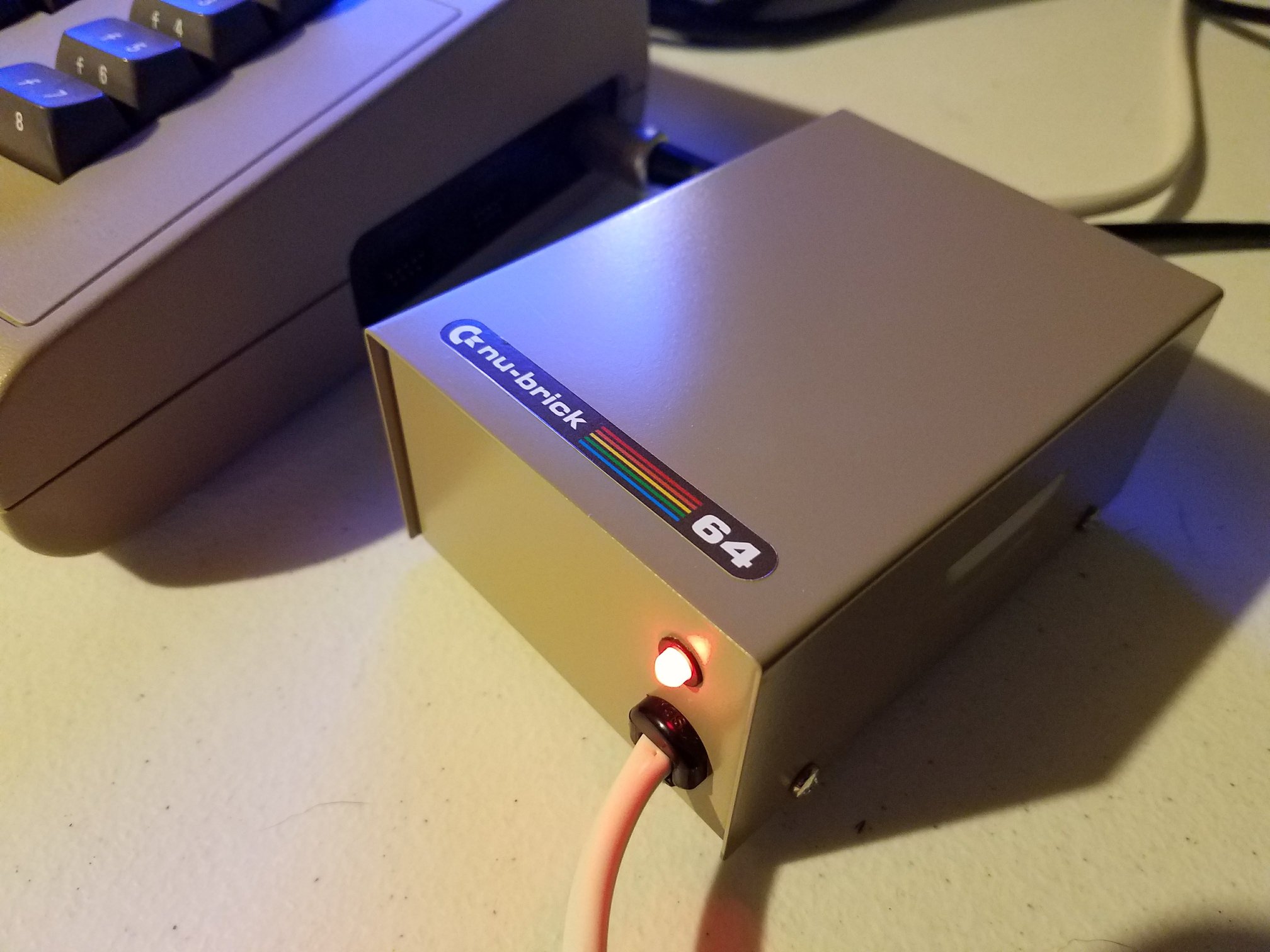In this episode of 8Bit Retro ReFix, attention turns to a battered Commodore Music Maker keyboard, described as a “toothless wonder.” Several missing keys needed replacing, and the host explores different approaches to bring it back to life.
The process began with attempts at 3D printing replacement keys. Early prints failed because of unsuitable filament, breaking easily when pressed. Later experiments using TPU materials showed promise but looked rough and wore out quickly. PCBWay produced several prints in ABS, but those also proved fragile. The real breakthrough came from Duncan of Retro Crazy, who supplied stronger TPU Plus keys that held up far better under use.
Once working parts were secured, the next step was disassembly. Removing the old keys required melting the original plastic pillars carefully with a lighter and lifting the frame free. The new keys were aligned, fitted over the posts, and secured by re-melting the pillars. Where necessary, melted filament was applied to strengthen the joints. The method may look rough from underneath, but the results on the surface were solid and reliable.
After installation, the restored keyboard was tested using music software on a Commodore 64. Despite the host’s self-confessed lack of piano skills, the repaired keys functioned well. The project proved that with some trial, error, and collaboration, vintage parts can be revived successfully.
For anyone interested in restoring old hardware, this episode demonstrates practical methods to replace brittle plastic with modern alternatives. It highlights the value of community support, as well as services like PCBWay, which make small-scale production accessible to hobbyists.
The Commodore Music Maker key repair shows how patience and persistence can give broken hardware a second chance.







